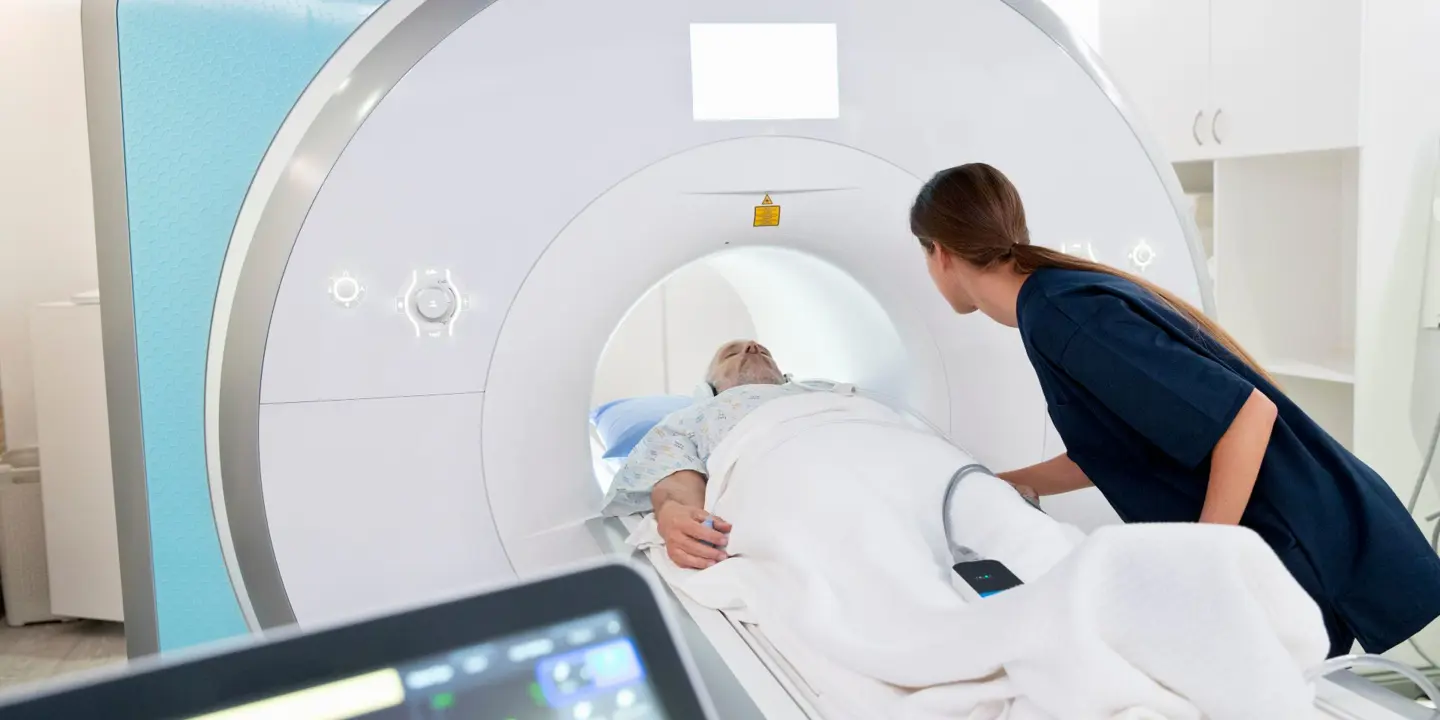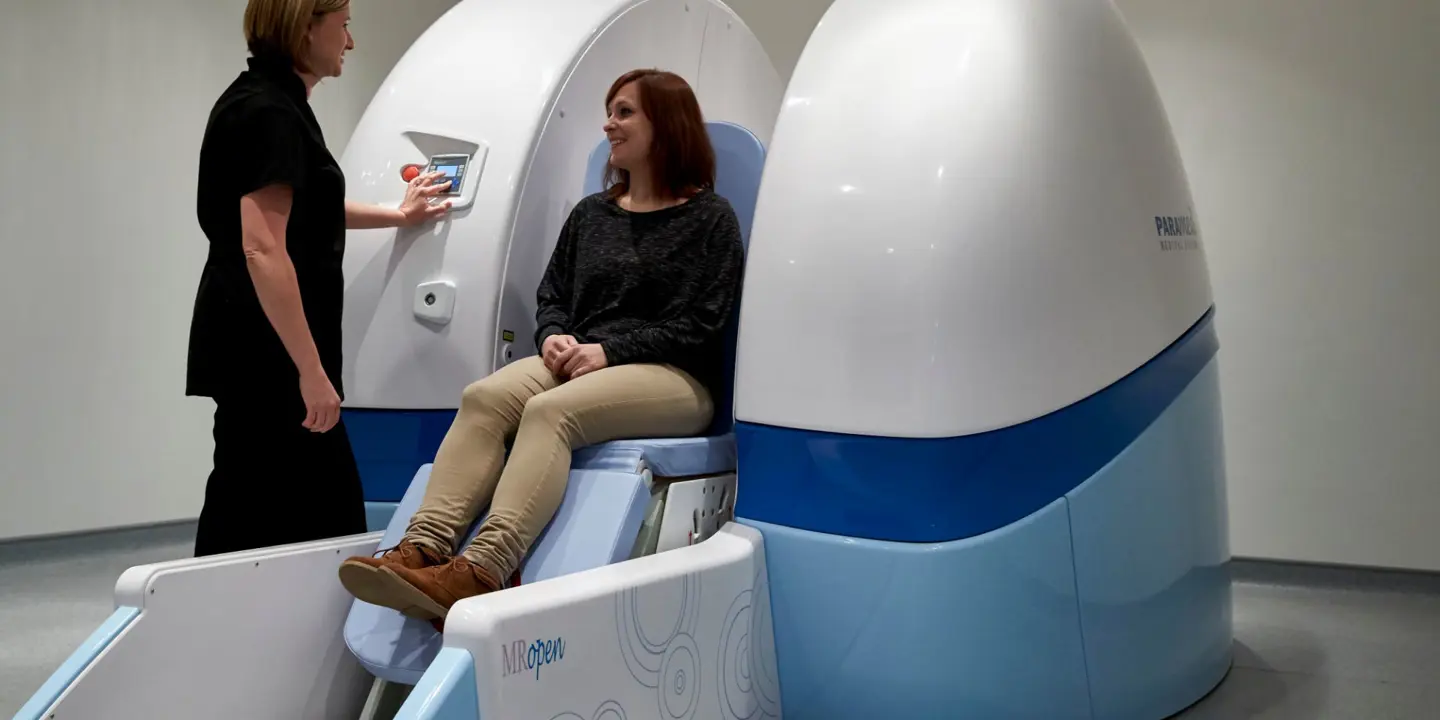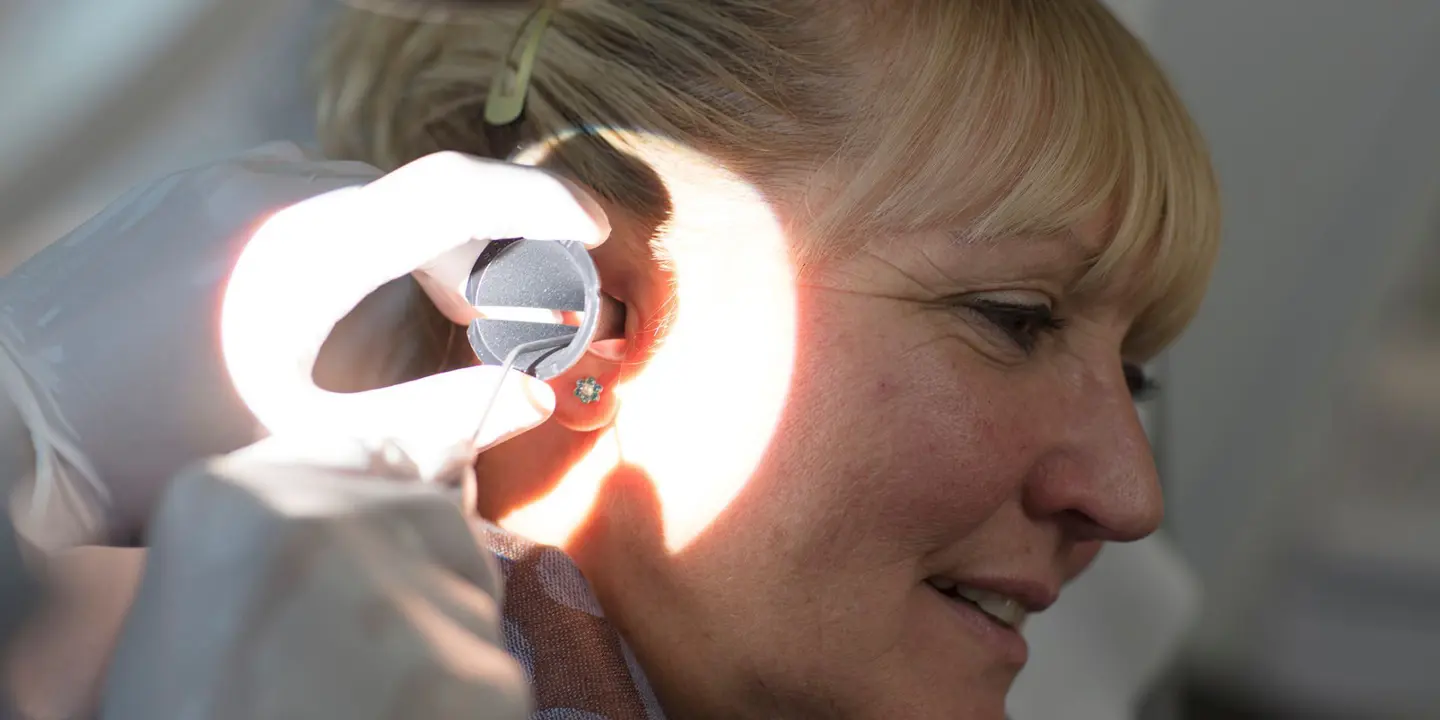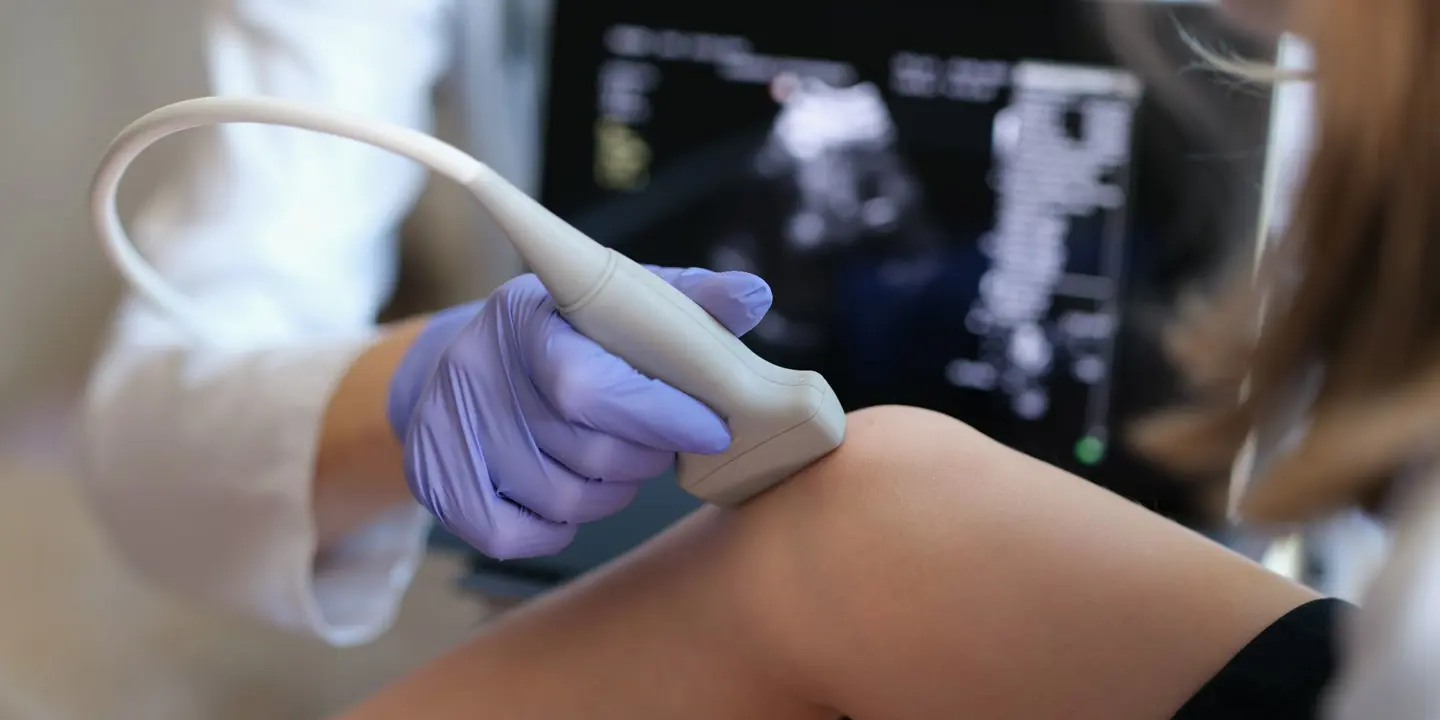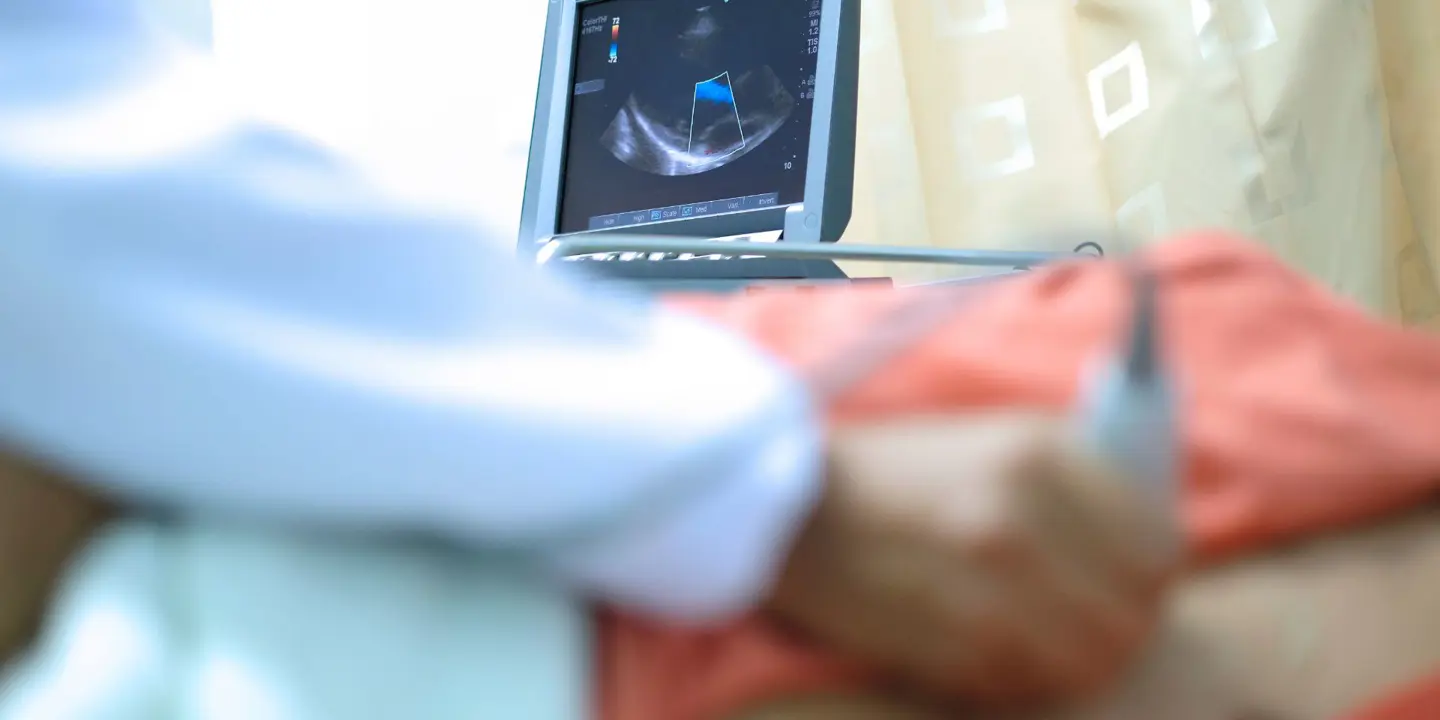Early detection is the key to cancer prevention. If you feel a lump on your thyroid, you should seek help from a physician to learn if you need one of the following diagnostic tests:
An Ultrasound
Schedule a private ultrasound with your doctor immediately. An ultrasound helps your doctor learn more about the condition of your thyroid nodules. Using high-frequency sound waves, it creates a detailed image of your thyroid.
During the procedure, your doctor will place a small, wand-like device in front of your thyroid gland. The image of your thyroid and nodules, even those you can’t feel, will appear on the computer screen. It will show if the lumps on your thyroid are filled with fluid or if it’s solid. Solid lumps are more likely to carry cancerous cells, but you’ll need more tests to find out. The ultrasound can also show the number and size of nodules on your thyroid.
A Physical Examination
Your physician will examine your neck for any lumps. They might also ask questions to determine if you are at risk. These questions include your family history of thyroid disease and frequency of exposure to excessive radiation.
If family history is a possible cause for your thyroid concerns, your doctor might require genetic testing to determine if you have genes that increase your chances of getting cancer.
A Biopsy
Biopsies test the lump on your thyroid to determine if it’s cancerous or not. To perform a biopsy, your physician will insert a small and thin needle to take a tissue sample from the lump and other tissues surrounding it. Once your doctor gets a sample, they will send it to the lab for testing.
A CT Scan
CAT or CT (computed tomography) scans use advanced X-rays to give your physician a better view of your thyroid. It displays the location and size of a potentially cancerous lump, as well as informs your doctor if cancer has spread to other parts of your body.
A PET Scan
Your doctor might also recommend a positron emission tomography (PET) scan. This scan uses small amounts of radiopharmaceuticals (radioactive materials), a computer and a special camera to look at your tissues and organs.
A PET scan looks at changes on a cellular level, enabling it to detect cancer during the earlier stages.
A Radioiodine Scan
This test uses radioactive iodine to detect cancer in your thyroid cells. The scan will measure radiation in your thyroid and in other parts of your body.
It’s Time to Act Fast
Though not all odd lumps on your neck are cancerous, it’s still important to have your physician check them out. The sooner you determine the state of your thyroid and start your treatment, the better.
Vista Health can help with early cancer detection. Schedule an appointment for a private ultrasound scan at our practice today, you can refer yourself and even book your appointment online. Otherwise please do get in touch with us by phone or email and our patient care team will look after you and answer any questions you may have.



